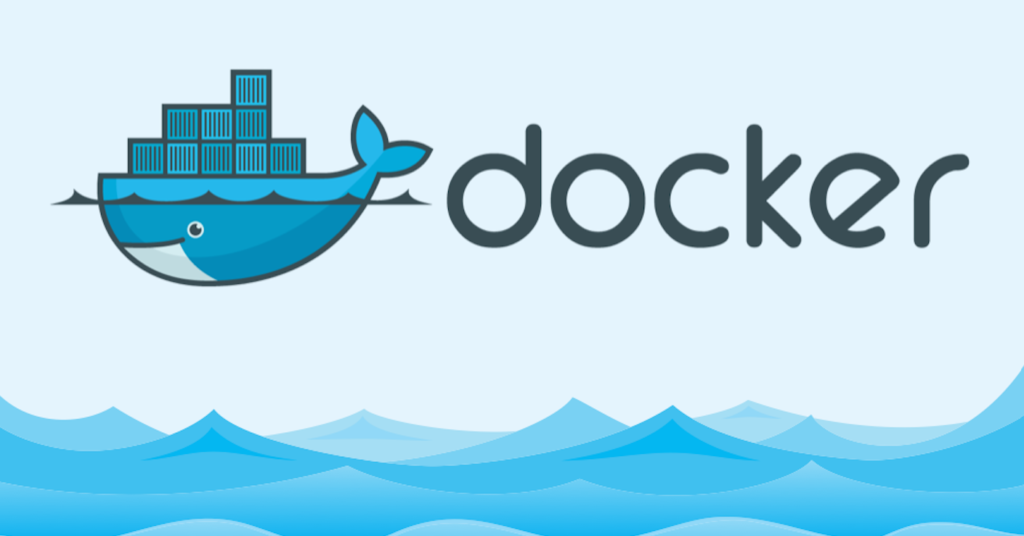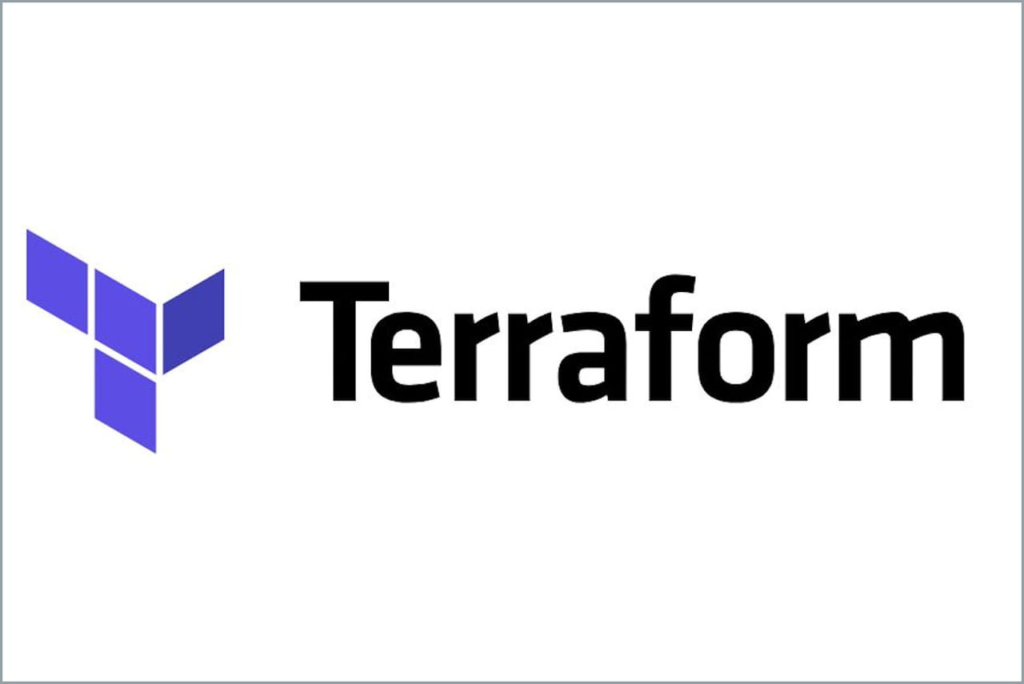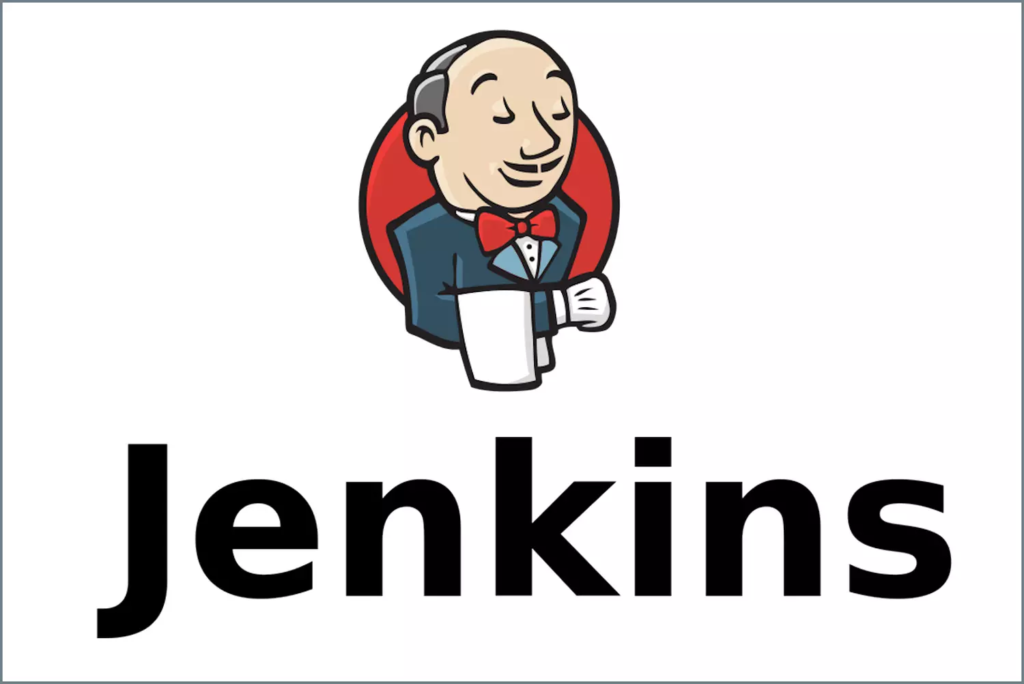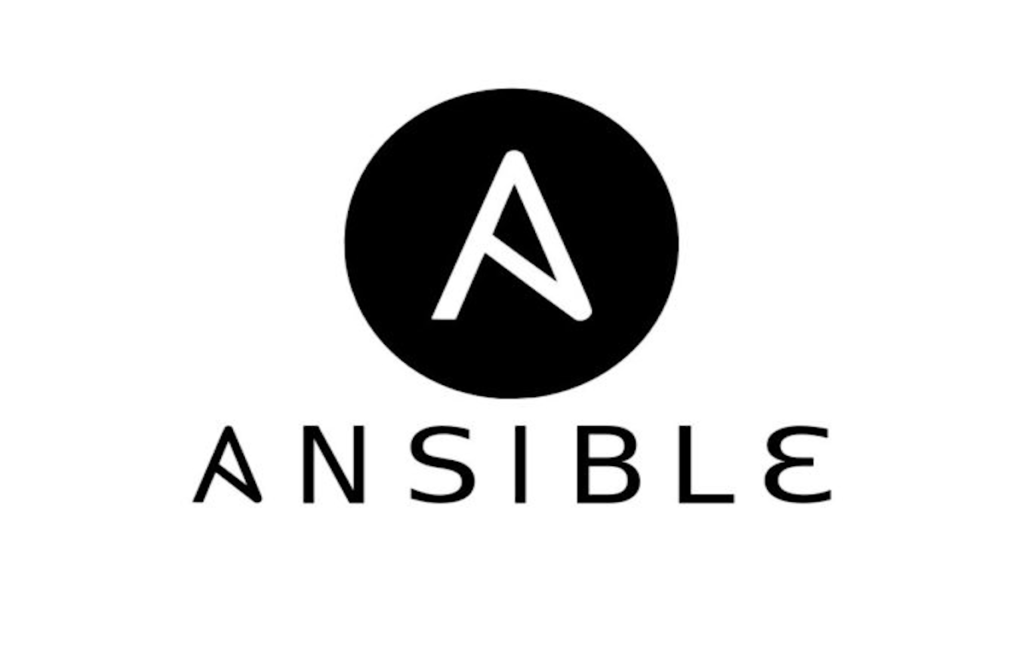Platform engineering is revolutionizing software development and operations by simplifying workflows, enhancing collaboration, and boosting efficiency. In this guide, we’ll dive into the top 10 platform engineering tools that are making a big impact in 2024. Whether you’re new to the field or a seasoned DevOps professional, these tools will transform the way you work.
Introduction: The Rise of Platform Engineering
In recent years, platform engineering has emerged as a game-changer in the tech industry. By focusing on building internal platforms that empower development teams, platform engineering bridges the gap between infrastructure complexity and developer efficiency.
What Is Platform Engineering?
Platform engineering involves creating and maintaining the infrastructure, tools, and workflows that enable software teams to develop and deploy applications efficiently. It abstracts the complexity of the underlying infrastructure, allowing developers to focus on innovation rather than operational challenges.
Platform Engineering vs. DevOps
While both aim to improve software delivery, DevOps emphasizes collaboration between development and operations teams, fostering a culture of shared responsibility. Platform engineering, on the other hand, builds standardized platforms that make it easier to adopt DevOps practices.
Platform Engineering vs. SRE
Site Reliability Engineering (SRE) ensures system reliability, while platform engineering creates the tools and infrastructure that SREs and developers use. Together, they provide a robust foundation for operational excellence.
Why Platform Engineering Tools Matter
The right platform engineering tools enhance the developer experience by automating infrastructure provisioning, simplifying CI/CD pipelines, and improving monitoring. Benefits include:
- Self-service capabilities for developers
- Faster deployment cycles
- Standardized workflows for smoother onboarding
- Improved system reliability
The Top 10 Platform Engineering Tools in 2024
1. Kubernetes

Kubernetes is the industry leader in container orchestration, offering powerful features for managing distributed systems.
- Key Features:
- Automatic scaling
- Self-healing capabilities
- Declarative configuration
- Use Cases:
- Deploying microservices
- Managing stateless/stateful apps
2. Docker

Docker revolutionizes application development by creating portable containers.
- Key Features:
- Lightweight containerization
- Multi-stage builds
- Use Cases:
- Simplifying CI/CD pipelines
- Running consistent environments
3. Terraform

Terraform excels in Infrastructure as Code (IaC), enabling reproducible and scalable cloud infrastructure.
- Key Features:
- Multi-cloud support
- Modular architecture
- Use Cases:
- Automating infrastructure changes
4. Jenkins

A CI/CD staple, Jenkins automates complex build and deployment workflows.
- Key Features:
- Pipeline as Code
- Integration with SCM systems
- Use Cases:
- Continuous integration/delivery
5. Ansible

Ansible simplifies configuration management and deployment with its agentless architecture.
- Key Features:
- YAML-based playbooks
- Idempotent operations
- Use Cases:
- Automating IT workflows
6. Prometheus

A go-to monitoring tool, Prometheus delivers actionable insights into system performance.
- Key Features:
- PromQL for advanced queries
- Service discovery
- Use Cases:
- Capacity planning
- Performance monitoring
7. Grafana

Grafana complements Prometheus with stunning, customizable dashboards.
- Key Features:
- Templating
- Diverse data source integrations
- Use Cases:
- Visualizing metrics
- System health dashboards
8. GitLab

GitLab provides an all-in-one platform for SCM, CI/CD, and DevOps workflows.
- Key Features:
- Kubernetes integration
- Built-in container registry
- Use Cases:
- Managing end-to-end DevOps pipelines
9. Last9 Levitate

Last9 Levitate handles high-cardinality telemetry data, simplifying observability in complex systems.
- Key Features:
- Automated dependency mapping
- Real-time anomaly detection
- Use Cases:
- Monitoring microservices
- Optimizing resource utilization
10. Argo CD

Argo CD is a GitOps continuous delivery tool for Kubernetes deployments.
- Key Features:
- Multi-cluster management
- Robust rollback capabilities
- Use Cases:
- Automating Kubernetes deployments
Integrating Platform Engineering Tools
To maximize their impact, combine these tools into a unified platform. For example:
- Use GitLab for CI/CD workflows.
- Leverage Jenkins for build automation.
- Deploy with Argo CD to Kubernetes clusters.
- Monitor with Prometheus, Grafana, and Last9 Levitate.
This cohesive setup ensures efficient development, deployment, and monitoring.
Best Practices for Implementing Platform Engineering
- Focus on Developer Needs: Build tools that solve real pain points.
- Adopt Infrastructure as Code (IaC): Use Terraform for reproducibility.
- Automate Everything: Streamline workflows with Ansible and Jenkins.
- Enhance Observability: Leverage Prometheus, Grafana, and Last9 Levitate.
- Prioritize Security: Integrate security at every level.
- Iterate Continuously: Gather feedback to improve the platform.
Conclusion
Platform engineering is driving a cultural and technical shift in software development. By implementing the right tools and practices, organizations can empower developers, enhance efficiency, and build more reliable systems.
Ready to take the next step? Join the SRE community, explore tools like Last9 Levitate, and embrace the future of platform-driven development.
FAQs
Q: What is platform engineering?
A: It’s the discipline of creating tools and workflows that simplify software development and operations.
Q: How is it different from DevOps?
A: Platform engineering focuses on technical foundations, while DevOps emphasizes cultural practices.
Q: What tools should I start with?
A: Kubernetes, Terraform, and Prometheus are great starting points for most organizations.
